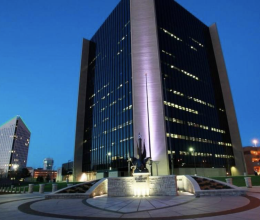
Gordon Parks’ haunting vision of Kansas will endure…until we summon the courage to improve it
My dear friend, Ted Ayres, after years of serving as vice president/general counsel for Wichita State University, now hosts an engaging show on KPTS in Wichita about one of his passions – books. Ted reads 150 to 200 books a year.
Ted and I worked together years ago, to help WSU secure Mr. Parks’ collected works, letters, record collection, etc. Under Ted’s leadership, WSU beat out the Library of Congress and the New York City Public Library system, which also vied for the collection.
We reminisced about an alternately celebratory but sobering moment he had introducing the renowned photographer, filmmaker, and author. A moment our state and our nation seem tightly locked inside.
As many people have done, Ted dipped into Mr. Parks’ oceans of work and pulled up the poem, “Kansas Land,” which spoke lyrically to the natural beauty here. It reads:
I would miss this Kansas land.
Wide prairie filled with green and cornstalk;
the flowering apple,
Tall elms beside glinting streams
...
Silver September rain, orange-red-brown Octobers and
white Decembers with hungry
smells of hams and pork butts curing in the
smokehouse.
Ted stopped there in the poem, as many people had done in the past.
So, Mr. Parks did what he usually did: he called Ted on it.
With the grace and calm he’d become famous for over the years, Mr. Parks pointed out how often people introducing him choose this poem and how equally often they omit the last stanza that reads:
Yes, all this I would miss--along with the fear,
hatred and violence
we blacks had suffered upon this beautiful land.
We laugh about it now but like Ted, I think this anecdote has a message for easily half of our nation.
We don’t live in a racial heaven or Hell, but those extremes do exist. We cannot, as many Americans continue to do, embrace our celebratory moments while denying many if not most of our darker chapters.
Just like with the poem, we must find ways to reconcile the truth of both – the beauty we see as well as the ugliness we choose not to see.
Professor, activist and now longshot-Presidential candidate Cornel West is fond of saying that we do not arrive at “Truth” with a capital “T,” until, “suffering is allowed to speak.” That kind of truth is the key ingredient for any kind of reconciliation.
Truth-telling, moves us forward. It’s the reckoning before the reconciliation. We’re going to have to get comfortable with the sharing of these painful but redemptive truths as we work to move beyond the current, uglier moment.
Related content

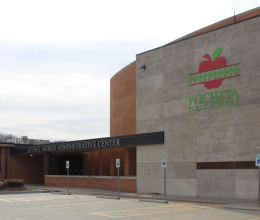
DOJ report: Wichita public schools disproportionally discipline...
July 3, 2024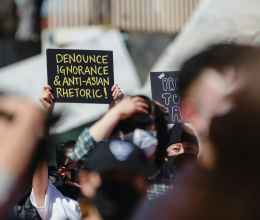
More than dirt; AAPI racism in recent Kansas bill
May 17, 2024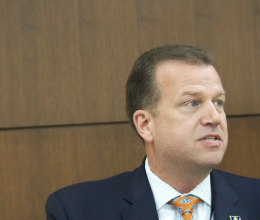
KHP ordered to pay plaintiffs $2.3 million for unconstitutional ...
April 15, 2024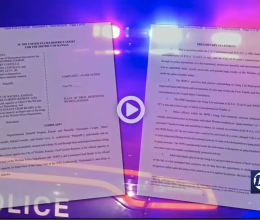
Settlement changing criteria, adding oversight to Wichita Police...
April 9, 2024
Council approves Wichita Police Department gang list settlement
April 9, 2024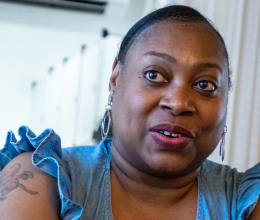
Wichita pays $625K to settle lawsuit over police use of...
April 9, 2024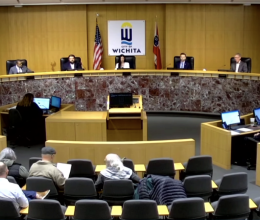
Council approves Wichita Police Department gang list settlement
April 9, 2024